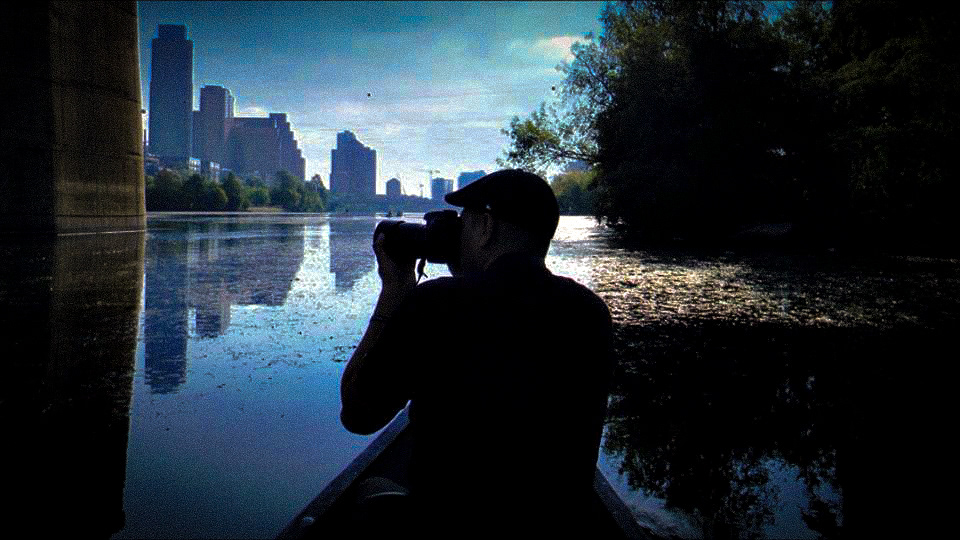This survey course explores the changing terrain of contemporary global cinema from a transnational perspective.
It is designed to delve into the socio-political, religious, cultural dimensions, and aesthetics of these various countries through the analyses of their contemporary films as an artistic and narrative medium of the human condition and cultural expression. The screenings and analyses of selected international films will be supported with varying readings and interpretations from cultural theorists and film scholars. Lectures and discussions before and after each screening will be a platform for this investigation.
This course will also be an exploration of the unique aspects of these film cultures from its story and production, direction and themes, and from the historical to the cultural assumptions they portray on the screen, as a study on the place and space and their medium specificity. Contemporary films are selected from Europe, the Middle East, Asia, and Latin America.
This course will also be an exploration of the unique aspects of these film cultures from its story and production, direction and themes, and from the historical to the cultural assumptions they portray on the screen, as a study on the place and space and their medium specificity. Contemporary films are selected from Europe, the Middle East, Asia, and Latin America.
The goals of this course include the following:
- to develop critical and creative thinking, and a deep appreciation for international cinema
- to identify the underlying ideologies, cultural contexts, and themes in these international films and to address the challenges associated with global interdependence and solidarity.
- to explore a deeper historical and cultural inquiry into the aesthetics and narrative expressed in the films
- to evaluate the cinematic expressions from each country as a response to the social issues as presented by the filmmakers
- and to investigate global cinema's social function as an exploration of the methods that are used to implement and expand the cinematic narrative formula.
Topics covered in this course:
- Critiquing art and understanding culture: Transcultural Interpretation of World Cinema, National Film Cultures, Hollywood vs. International Cinema, First World Cinema vs. the Developing World Cinema
- Cultural Taxonomies and the Social Justice Components of Third World Cinema
Below is one of the topics of the course, focusing on the transcendental cinema of the Russian director, screenwriter, and film theorist, Andrei Tarkovsky.
